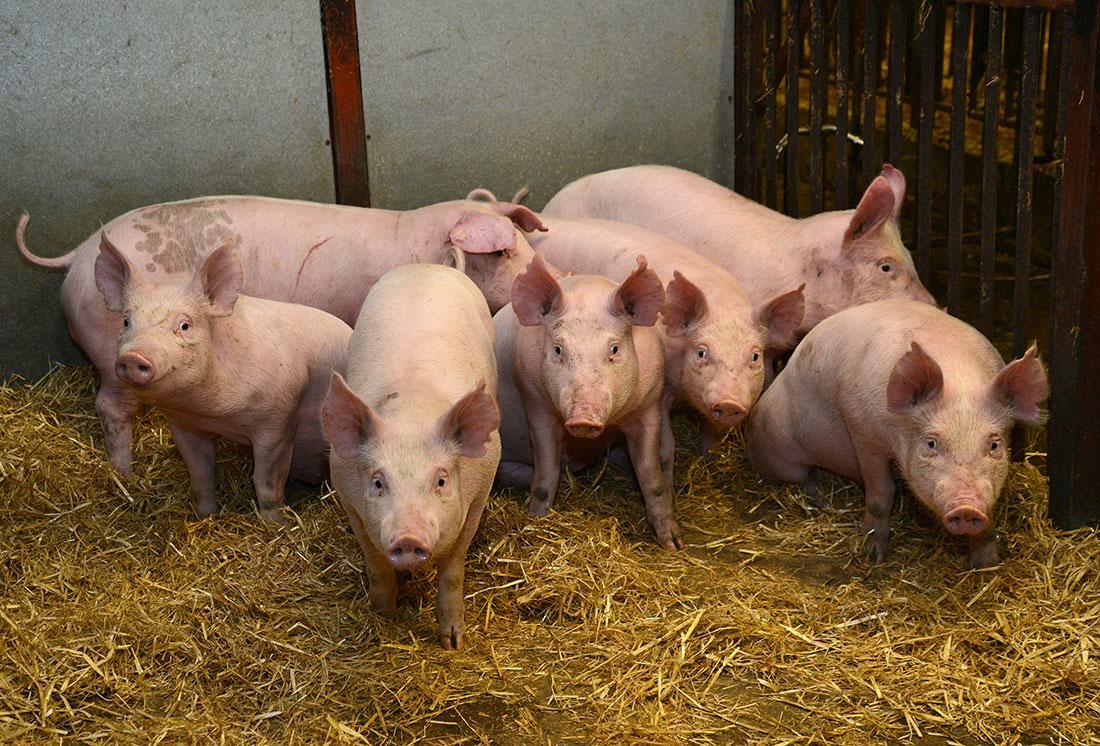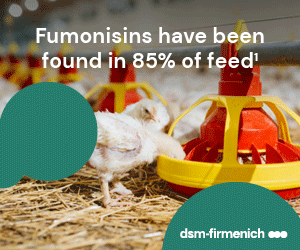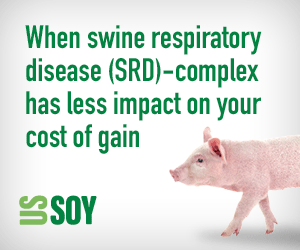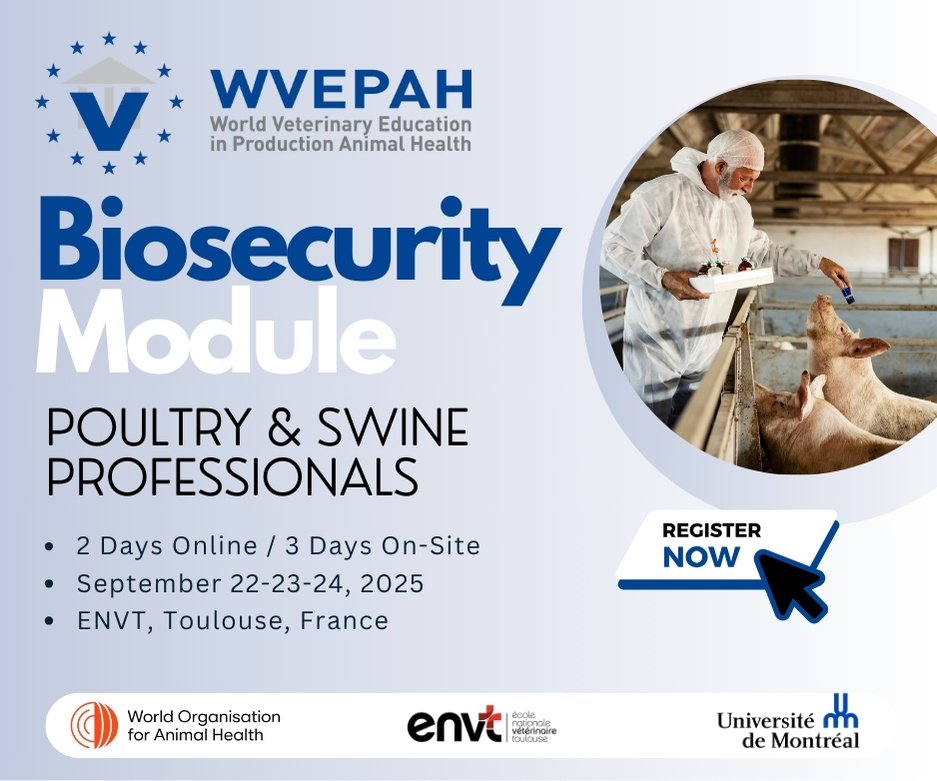



Agreement targets PRRS-resistant gene-edited pigs
Researchers and commercial partners to continue collaboration on developing pigs resistant to Porcine Reproductive and Respiratory Syndrome.
The Roslin Institute and animal genetics company Genus have signed an agreement to produce pigs that are resistant to a respiratory disease which costs around $2.5 billion each year in the US and Europe alone.
Researchers and the company hope the licensing agreement will lead the way to gene-edited, disease-resistant pigs being available to global pork-producing markets.
With the signing of the agreement, facilitated by Edinburgh Innovations, the University’s commercialisation service, Genus will continue planned work for testing multiple generations of pigs and conducting studies required for approval by the US Food and Drug Administration (FDA).
Endemic virus
Porcine Reproductive and Respiratory Syndrome (PRRS) causes breathing problems and deaths in young animals and can result in pregnant sows losing their litters.
Vaccines have mostly failed to stop the spread of the virus that causes PRRS, which is endemic in most pig-producing countries worldwide.
The Roslin Institute has produced pigs that can resist the disease by editing their genetic code. The research received funding from Genus and the Biotechnology and Biological Sciences Research Council.
Project leaders say that by partnering with Genus, the Roslin Institute will benefit from its existing relationship with the FDA, insights into the pork sector, its established supply chain, and its distribution channels in the world’s biggest pig markets, including China, Europe and the US.
















